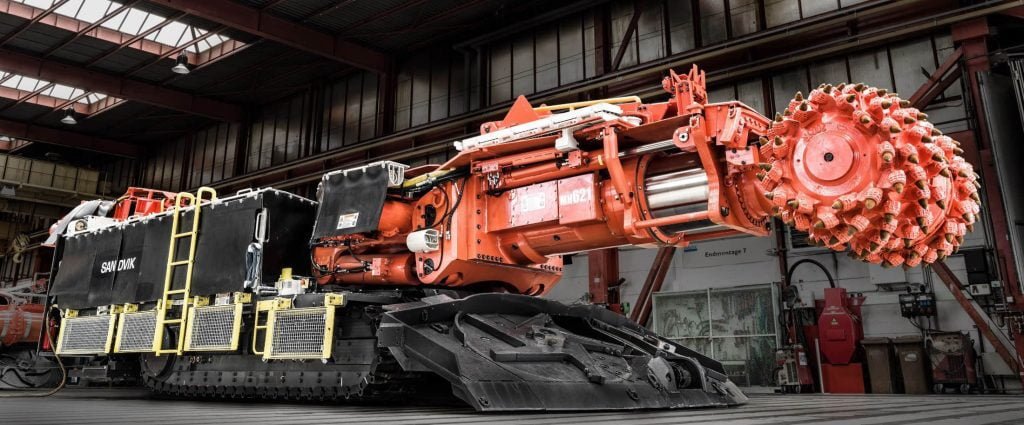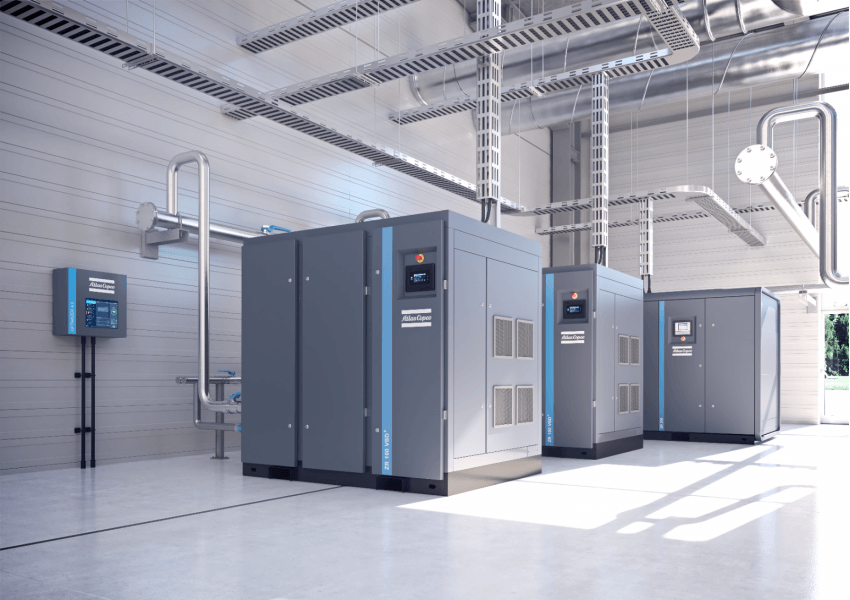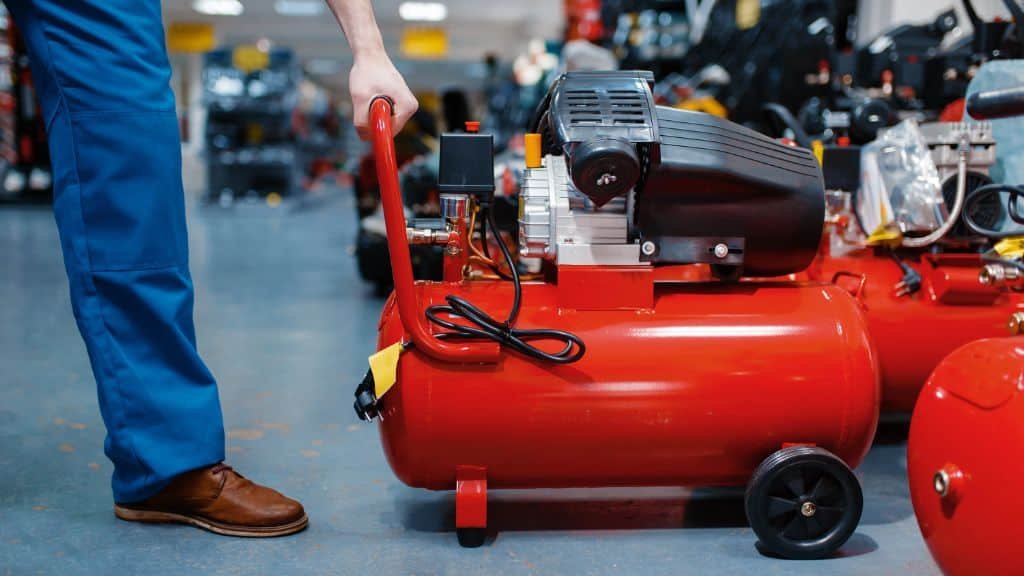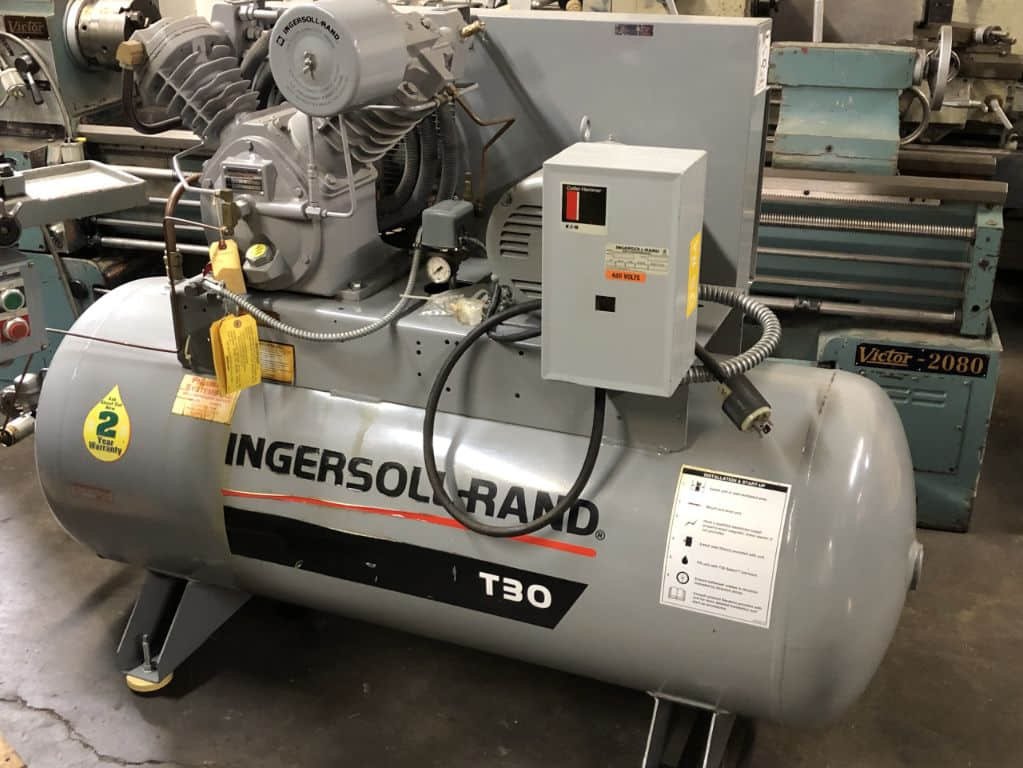Improving Efficiency in Ingersoll Rand Air Compressor Repairs
When it comes to air compressors, Ingersoll Rand is a name that stands out. Known for their reliability and performance, Ingersoll Rand air compressors are widely used in various industries. However, like any mechanical equipment, they require regular maintenance and repairs to ensure optimal efficiency and longevity.
The Importance of Efficient Air Compressor Repairs
Efficiency is crucial when it comes to air compressors. An inefficient air compressor not only consumes more energy but also fails to deliver the required air pressure and volume. This can lead to a decrease in productivity and increased downtime, resulting in financial losses for businesses.
Efficient air compressor repairs are essential to minimize these risks. By addressing issues promptly and effectively, you can ensure that your Ingersoll Rand air compressor operates at its best, providing reliable and consistent performance.
Common Issues with Ingersoll Rand Air Compressors
Before we delve into improving efficiency in Ingersoll Rand air compressor repairs, let’s take a look at some common issues that these compressors may face:
1. Air Leaks
Air leaks are one of the most common problems in air compressors. They can occur due to worn-out seals, gaskets, or fittings. Air leaks not only reduce the overall efficiency of the compressor but also put unnecessary strain on the motor, leading to increased energy consumption.
2. Overheating
Overheating is another issue that can affect the efficiency of an air compressor. It can be caused by various factors, such as inadequate ventilation, dirty cooling fins, or a malfunctioning thermostat. Overheating can lead to premature wear and tear of components, resulting in frequent breakdowns and repairs.
3. Oil Contamination
Ingersoll Rand air compressors rely on oil for lubrication and cooling. However, if the oil becomes contaminated with dirt, debris, or moisture, it can hinder the compressor’s performance. Contaminated oil can cause increased friction, reduced efficiency, and even damage to internal components.
Improving Efficiency in Ingersoll Rand Air Compressor Repairs
Now that we have identified some common issues, let’s explore how you can improve efficiency in Ingersoll Rand air compressor repairs:
1. Regular Maintenance
Regular maintenance is key to preventing major issues and ensuring optimal efficiency. This includes tasks such as checking and replacing filters, inspecting and tightening connections, and cleaning cooling fins. By following the manufacturer’s recommended maintenance schedule, you can catch potential problems early on and address them before they escalate.
2. Prompt Repairs
When an issue arises with your Ingersoll Rand air compressor, it is crucial to address it promptly. Ignoring or delaying repairs can lead to further damage and increased downtime. By promptly identifying and fixing issues, you can minimize the impact on productivity and prevent costly breakdowns.
3. Use Genuine Parts
When it comes to repairs, using genuine Ingersoll Rand parts is essential. Genuine parts are specifically designed for your air compressor model, ensuring compatibility and optimal performance. Using counterfeit or generic parts may save you money initially, but they can compromise the efficiency and longevity of your compressor in the long run.
4. Regularly Inspect for Air Leaks
Air leaks can significantly impact the efficiency of your air compressor. Regularly inspecting for air leaks and promptly addressing them can help maintain optimal performance. Use soapy water or an ultrasonic leak detector to identify leaks and replace worn-out seals or fittings as necessary.
5. Monitor and Control Temperature
Overheating can be detrimental to the efficiency and lifespan of your air compressor. Ensure that the compressor is adequately ventilated and that the cooling fins are clean and free from debris. Additionally, monitor the temperature using a thermometer and adjust the settings if necessary. If the compressor consistently overheats, consider consulting a professional for further inspection and repairs.
6. Regularly Change and Monitor Oil
Regularly changing the oil in your Ingersoll Rand air compressor is crucial for maintaining efficiency. Follow the manufacturer’s recommendations for oil change intervals and use the recommended oil type. Additionally, monitor the oil level and quality regularly. If you notice any signs of contamination or degradation, change the oil immediately to prevent further damage.
Conclusion
Efficiency is vital when it comes to Ingersoll Rand air compressor repairs. By following a regular maintenance schedule, promptly addressing issues, using genuine parts, and monitoring for common problems, you can improve the efficiency and longevity of your air compressor. Remember, a well-maintained and efficient air compressor not only saves energy but also ensures reliable performance, minimizing downtime, and maximizing productivity.
FAQs
Q: How often should I perform maintenance on my Ingersoll Rand air compressor?
A: It is recommended to perform maintenance on your Ingersoll Rand air compressor according to the manufacturer’s guidelines. This typically includes regular checks and replacements of filters, inspections of connections, and cleaning of cooling fins.
Q: Can I use generic parts for repairs instead of genuine Ingersoll Rand parts?
A: While generic parts may seem like a cost-effective option, it is highly recommended to use genuine Ingersoll Rand parts for repairs. Genuine parts are specifically designed for your air compressor model, ensuring compatibility and optimal performance.
Q: How can I detect air leaks in my air compressor?
A: To detect air leaks, you can use soapy water or an ultrasonic leak detector. Apply the soapy water to the connections and fittings and look for bubbles, which indicate air leaks. An ultrasonic leak detector can detect high-frequency sounds produced by air leaks.
Q: What should I do if my air compressor consistently overheats?
A: If your air compressor consistently overheats, it is recommended to ensure proper ventilation, clean the cooling fins, and monitor the temperature. If the issue persists, consult a professional for further inspection and repairs.
Q: How often should I change the oil in my Ingersoll Rand air compressor?
A: The frequency of oil changes in your Ingersoll Rand air compressor depends on the manufacturer’s recommendations. It is important to follow these guidelines and use the recommended oil type. Additionally, regularly monitor the oil level and quality for signs of contamination or degradation.




